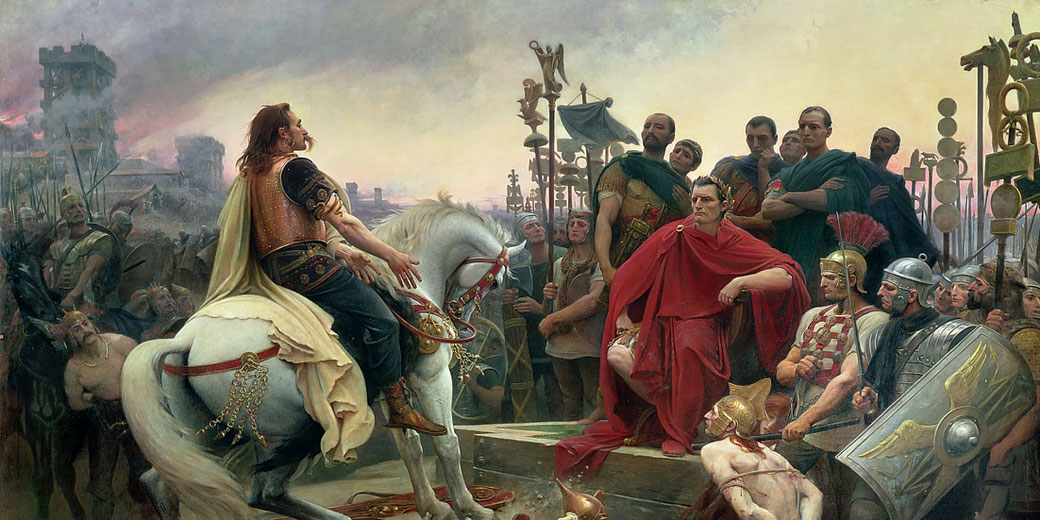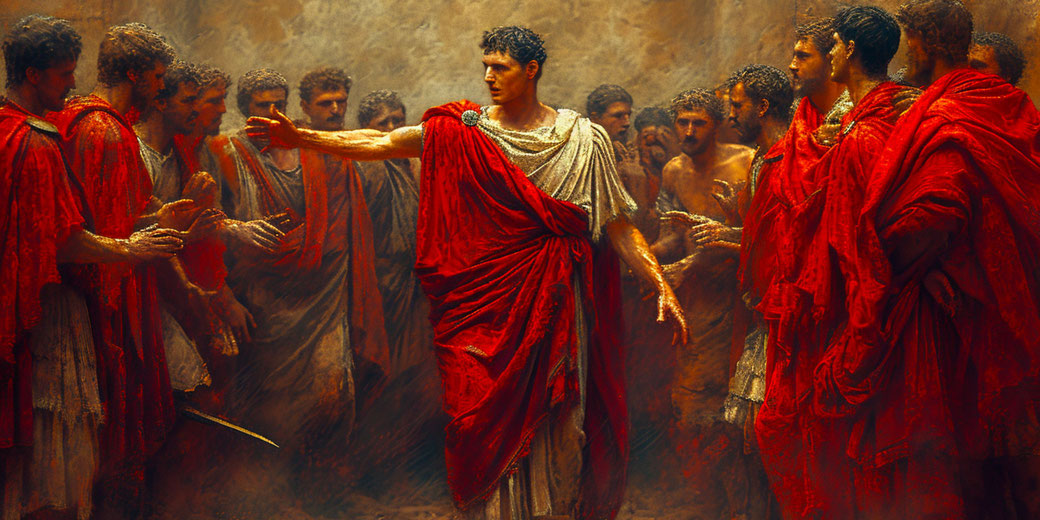What is History? How we learn about the past.

What is 'history'?
The word 'history' comes from the ancient Greek word historia, which means 'inquiry' or 'investigation'. This was a concept that was first introduced by the historian Herodotus in the 5th century BC, which he used to describe his systematic study of past events.
Today, the subject we call 'History' is the study of past events, particularly those of human societies. It can focus on a number of different elements of society, including:
- political history (which examines governments and diplomacy)
- social history (which focuses on everyday life and marginalised groups)
- economic history (which explores trade and financial systems)
- military history (which analyzes warfare and strategy)
- cultural history (which investigates art, religion, and intellectual movements)
In more recent decades, the study of History has also included some broader developments that aren't direclty focused on human societies, such as environmental and geological changes over time.
Regardless of the area that we focus on, the study of the past ultimately aims to understand the patterns of human experience, the development of civilizations, and the changes in societies and cultures over time.
How do you study history?
The discipline of History is concerned with the investigation, collection, interpretation, presentation, and organisation of information about past events.
As a result, this information is based on a variety of historical sources, which includes written records, physical artefacts, oral traditions, and any other forms of evidence that provide information on the topic you're studying.
Based upon this evidence, historians can gain insights into the past, or inform decisions in the present, and even shape the future by helping to better inform decision-makers.
As a student, in order to learn about the past effectively, there are three sets of skills you will need to develop.
Each set of skills allows you to engage with different aspects of history.
Additional resources
Why Bother Studying History?

What do you need help with?
Download ready-to-use digital learning resources
Copyright © History Skills 2014-2025.
Contact via email
With the exception of links to external sites, some historical sources and extracts from specific publications, all content on this website is copyrighted by History Skills. This content may not be copied, republished or redistributed without written permission from the website creator. Please use the Contact page to obtain relevant permission.









